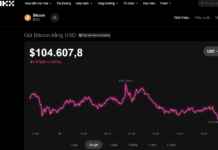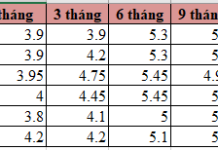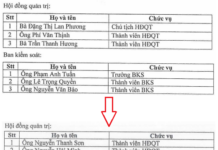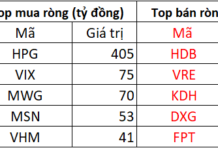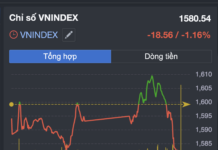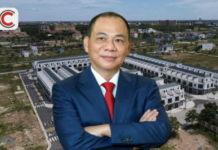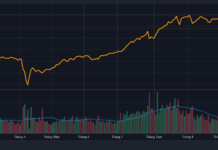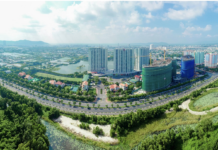Social Housing Development
To reduce apartment prices in Hanoi, Mr. Nguyen Van Dinh, Chairman of the Vietnam Real Estate Brokerage Association (VARS), suggests accelerating the progress of social housing projects. Government agencies should proactively regulate supply by effectively using planning tools, adjusting land allocation, and providing clean land for investors to promptly develop social housing projects.
In the long term, stabilizing apartment prices and housing products requires strong government intervention. This includes further developing transportation infrastructure, reducing travel time from satellite areas to the city center, and increasing supply from suburban areas to lower housing prices.

Developing social housing will help cool down property prices.
Mr. Pham Duc Toan, CEO of EZ Property, believes that the key to cooling down real estate prices lies in social housing projects in the gateway areas of the capital. Once these projects are completed, housing prices in Hanoi could drop by 30-40% compared to current levels.
According to Mr. Toan, many social housing projects in Hanoi are located far from the city center (in districts like Hoai Duc and Quoc Oai), with underdeveloped infrastructure. Despite relatively low prices of 10-14 million VND/m², these projects have struggled to sell out even after 20 launches.
The CEO of EZ Property suggests that the government should actively use the state budget to develop social housing. He proposes treating this as a public welfare investment rather than focusing on profit, prioritizing social security goals.
Singapore is a pioneer in this policy. Since the 1960s, the Lion City’s government established the Housing and Development Board to focus on social housing. Today, nearly 90% of Singaporeans own homes, one of the highest rates globally, with over 80% living in social housing projects.
Mr. Nguyen Trung Vu, Chairman of Cen Group, agrees, stating that the best solution is to build more social housing and expand eligibility for purchasing it. Similar to Singapore’s public housing model, where 70-80% of citizens live in such homes, this approach is highly sustainable.
“With more projects, customers have more choices, and a larger supply will prevent prices from skyrocketing as seen recently,” said Mr. Vu.
Increasing Housing Supply
To cool down housing prices, Mr. Le Hoang Chau, Chairman of the Ho Chi Minh City Real Estate Association, emphasizes the need to resolve legal bottlenecks for projects, thereby increasing housing supply in the market.
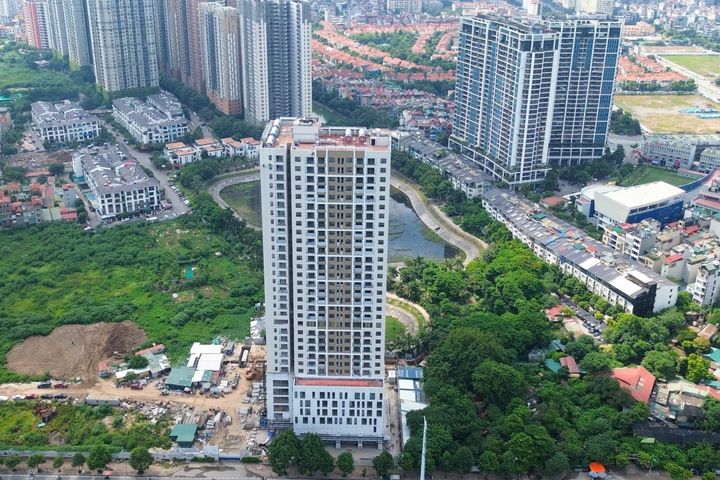
Experts propose solutions to cool down housing prices. (Photo: Minh Duc)
“According to the Ministry of Construction, with the current population growth and housing demand, Vietnam needs approximately 70 million m² of urban housing annually. However, the current supply falls short by about 300,000 units per year. Addressing this supply gap will stabilize prices through market supply and demand dynamics,” said Mr. Chau.
To increase supply, Mr. Chau suggests the government establish a standardized investment process for commercial housing projects, setting clear timelines for administrative procedures. This would encourage agencies to minimize excessive document requests, reducing overall processing times.
Additionally, authorities should resolve legal issues for real estate projects to boost housing supply. Increased supply will stabilize prices through market competition and supply-demand balance.
Mr. Chau also urges real estate corporations to reduce housing prices, lower profit expectations, and offer discounts and promotions to stimulate market demand, improve liquidity, and generate cash flow.
Real estate companies should shift focus to affordable housing segments and participate in social housing development to access preferential credit packages.
Mr. Nguyen Van Dinh, Chairman of the Vietnam Real Estate Brokerage Association, proposes implementing a real estate tax policy to regulate land prices effectively. This tax should target speculators rather than those purchasing property for personal use or business, increasing budget revenue and market regulation.
The tax should apply to second homes and beyond. Higher taxation for multiple property owners will discourage speculation, curb price increases, and reduce the appeal of speculative real estate investments. This will also encourage owners to rent or sell vacant properties, improving housing accessibility for genuine buyers.
Given the growing gap between housing prices and affordability, Prime Minister Pham Minh Chinh recently demanded answers to why “apartment prices continue to rise unchecked.”
According to One Mount Group, the average primary apartment price in Hanoi in Q2 reached 80 million VND/m², up 5.6% quarterly and 24% year-on-year. CBRE Vietnam’s report also noted an average price of 79 million VND/m² (excluding VAT and maintenance fees), a 6% quarterly and 33% annual increase. New projects in both central and suburban Hanoi have seen prices ranging from 80 to 170 million VND/m².
Satellite City Real Estate Prices 40-50% Lower Than Central Urban Areas
Mr. Nguyen Khanh Duy, Director of Residential Sales at Savills Vietnam, asserts that property prices in satellite urban areas of Ho Chi Minh City are currently 40-50% lower than those in the city center.








